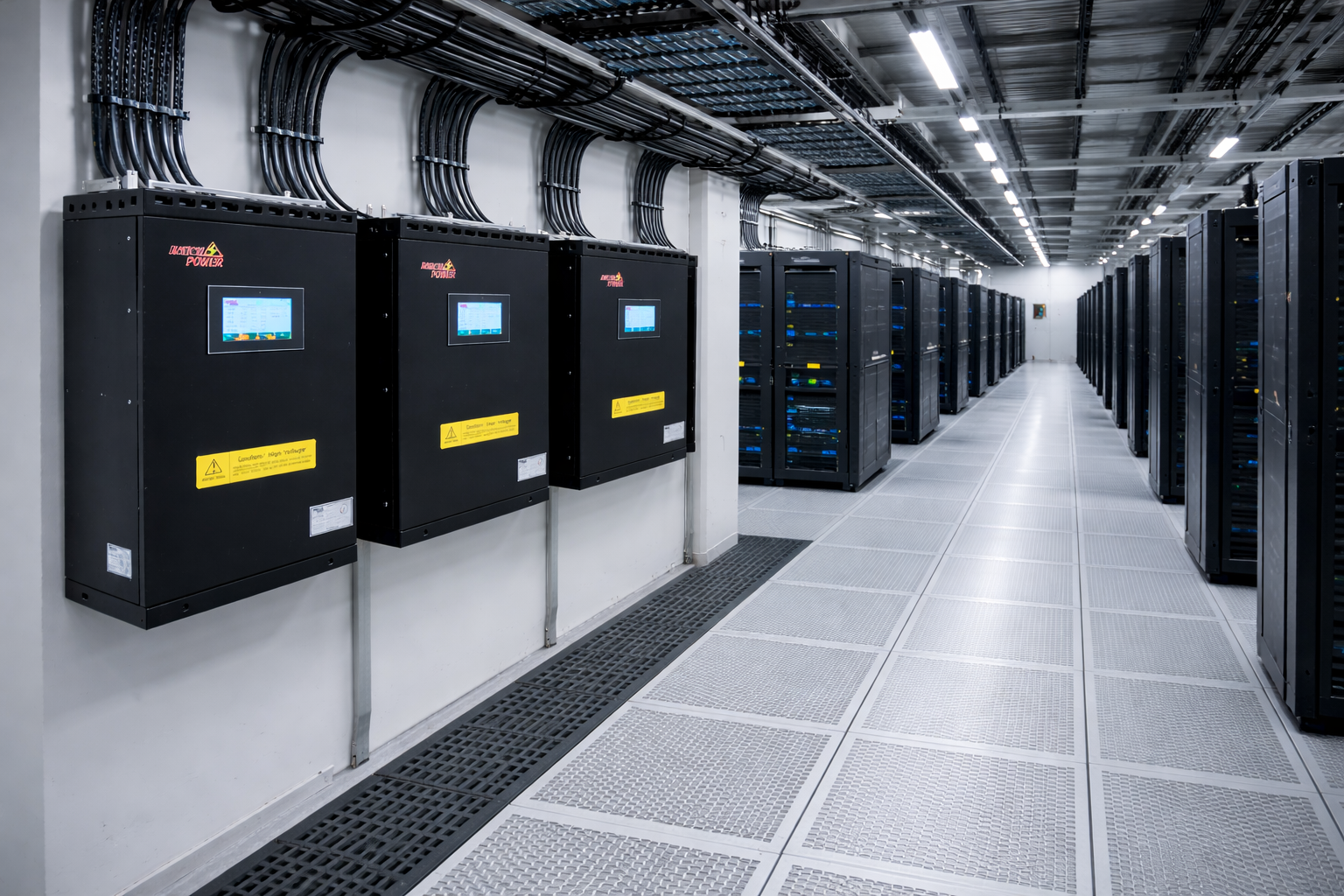Active harmonic filters (AHFs) are power quality devices designed to mitigate harmonic distortions in electrical systems. These distortions are caused by nonlinear loads such as computers, variable speed drives, and other electronic equipment, which can lead to several issues in power systems. Here are some advantages of using active harmonic filters:
1- Harmonic mitigation: The primary advantage of AHFs is their ability to effectively mitigate harmonic currents and voltages in the electrical system. By injecting equal and opposite currents to the harmonic currents generated by nonlinear loads, AHFs cancel out the harmonic components, resulting in a cleaner and more stable power supply.
2- Improved power quality: Harmonic distortions can cause voltage fluctuations, flickering lights, overheating of equipment, and interference with sensitive electronic devices. The use of AHFs helps to maintain a high-quality power supply, reducing the risk of equipment failure and enhancing the reliability of the electrical system.
3- Increased energy efficiency: Harmonic distortions can lead to increased power losses and reduced energy efficiency in electrical systems. By reducing harmonic currents, AHFs help to optimize power factor and reduce energy consumption, leading to cost savings on electricity bills.
4- Minimized overheating and equipment damage: Harmonic currents can cause additional heating in transformers, cables, and other electrical components. Over time, this can lead to premature aging and damage. AHFs help to limit these currents, thus reducing the risk of overheating and extending the lifespan of electrical equipment.
5- Easy adaptability: Active harmonic filters are flexible and can be easily adapted to various loads and operating conditions. They can be programmed to target specific harmonic orders and adapt to changes in the system, making them suitable for a wide range of applications.
6- Compatibility with other power factor correction devices: AHFs can work in conjunction with other power factor correction devices, such as capacitors and static var compensators, to provide a comprehensive solution for power quality improvement.
7- Support for renewable energy integration: As the use of renewable energy sources like solar and wind power increases, AHFs can help manage the intermittent and variable nature of these sources by ensuring stable power supply and mitigating harmonic distortions caused by power electronics in renewable energy systems.
Overall, active harmonic filters offer significant advantages in maintaining power quality, complying with standards, reducing energy costs, and prolonging the life of electrical equipment in industrial and commercial applications.




.png)


